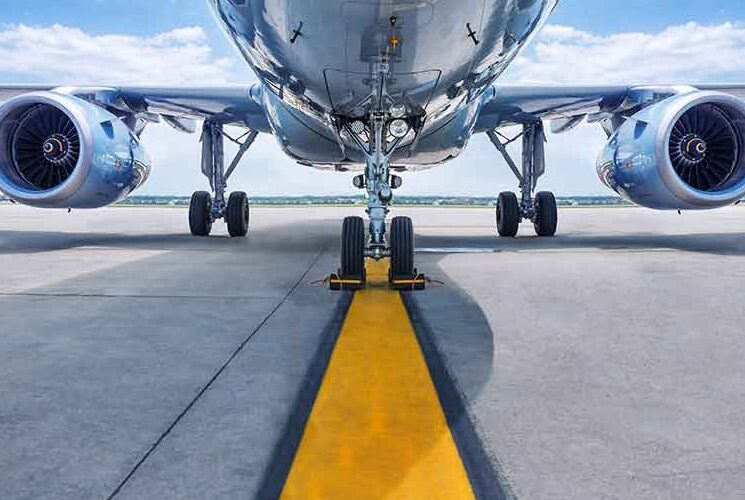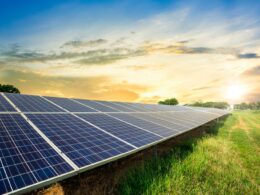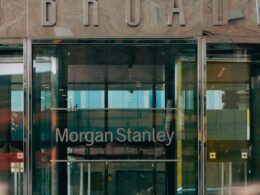BlackRock, Block, Ripple, and Samsara have joined the Sustainable Aviation Buyers Alliance (SABA) after purchasing Sustainable Aviation Fuel certificates (SAFc) for use in Alaska Airlines flights, according to Watershed, the facilitator of the transaction.
“The purchases, coordinated with the Sustainable Aviation Buyers Alliance, will add high-integrity sustainable aviation fuel directly to Alaska Airlines passenger flights, and the SAFc will be applied to the companies’ corporate footprints to compensate for business travel emissions”, Watershed said in a statement.
This initiative forms part of a $200 million SAFc commitment announced by Watershed in April, which represents the purchase of approximately 50 million gallons of SAF. As a SABA aggregator partner, Watershed is facilitating corporate participation in advancing SAF adoption.
Diana Birkett Rakow, senior vice president of public affairs and sustainability at Alaska Airlines said, “Investing in SAF alongside partners like Watershed, BlackRock, Ripple, Samsara, and Block helps us scale up use and provides critical demand signals for the market”.
Ken Weber, vice president of social impact and sustainability at Ripple said, “We see sustainable aviation fuel as a key pathway toward decarbonising air travel, a vital global industry, and through collaboration with Watershed and SABA we are not only supporting the growth of SAF, but also empowering other companies to take similar meaningful steps in reducing their emissions footprint.”
Watershed noted that SAF acquired through SABA transactions can achieve an average carbon intensity reduction of 80% compared to conventional jet fuel. However, SAF currently accounts for less than 0.5% of global jet fuel supply and sells at a significant premium to fossil jet fuel.
According to the US Department of Energy (DOE), SAF projects could deliver over three billion gallons in annual production by 2030, representing 10% of projected US jet fuel demand. These projects are expected to drive $44 billion in investment and create over 70,000 jobs across the SAF value chain.
Despite this growth potential, cost remains a major barrier. SAF is currently priced 2-10 times higher than fossil jet fuel, depending on production methods, the DOE noted. While corporate buyers and airline passengers can offset some costs through initiatives like SAFc purchases, airlines’ narrow profit margins limit voluntary adoption at scale.
Book-and-claim systems, which separate SAF’s environmental attributes from the fuel itself, could help expand corporate participation. However, these systems are not yet universally accepted, constraining demand.
SABA aims to address these challenges by developing a rigorous, transparent system to enable businesses and organisations to invest in high-integrity SAF, helping reduce the aviation industry’s climate impact.






















